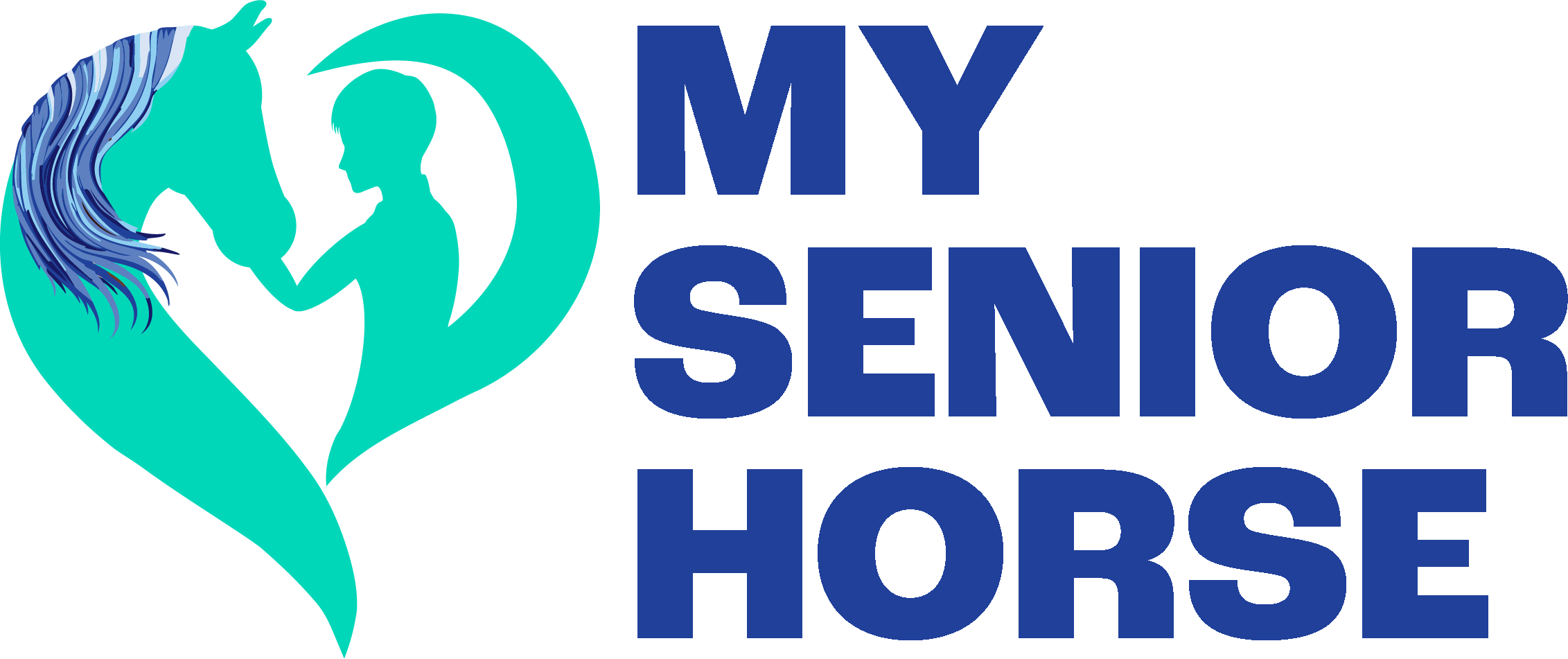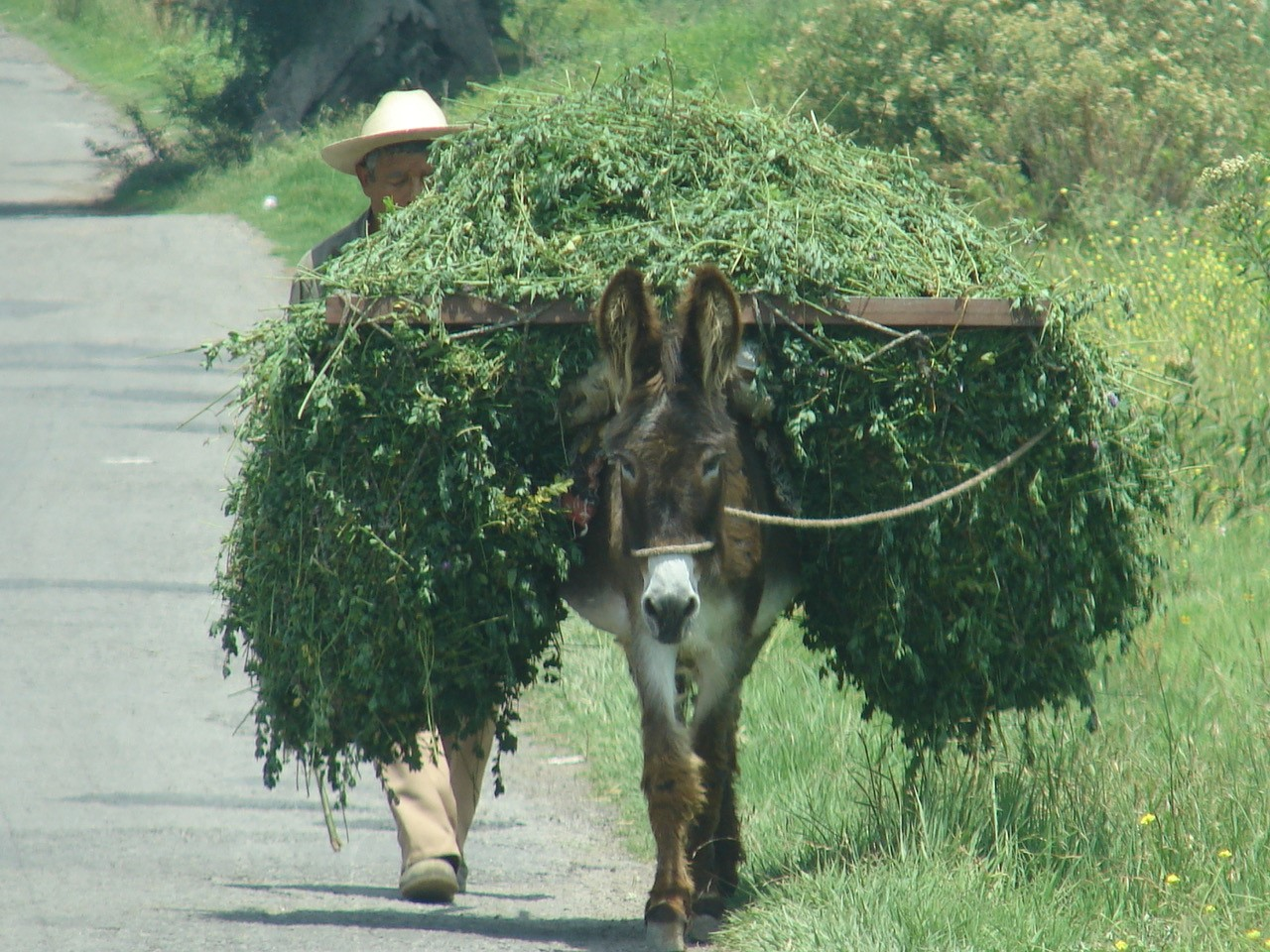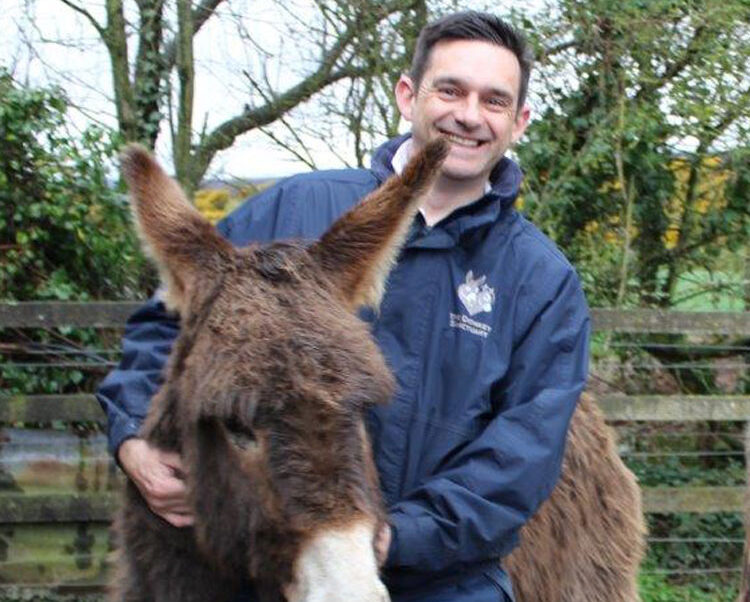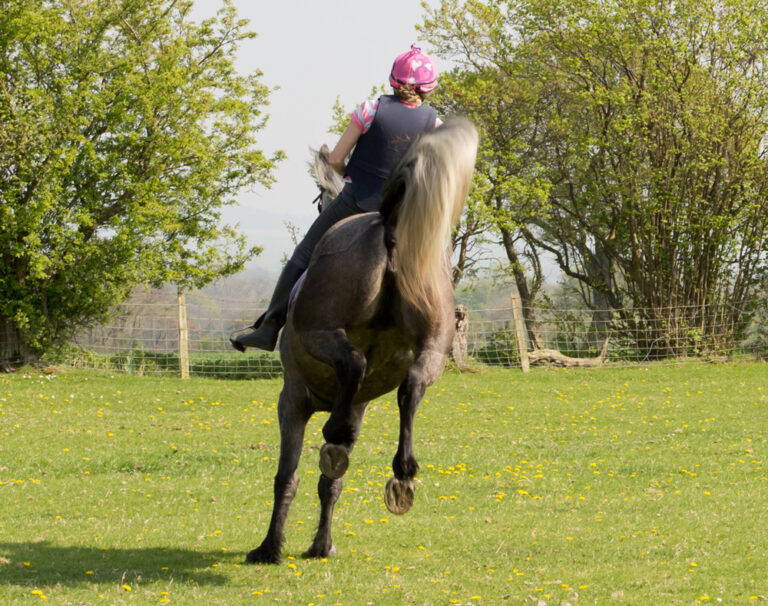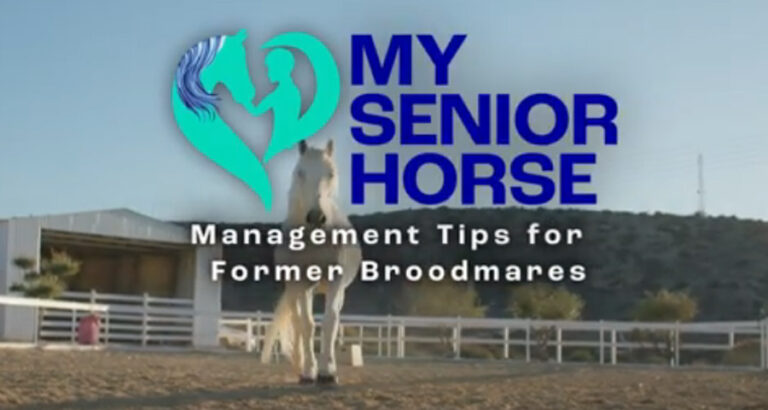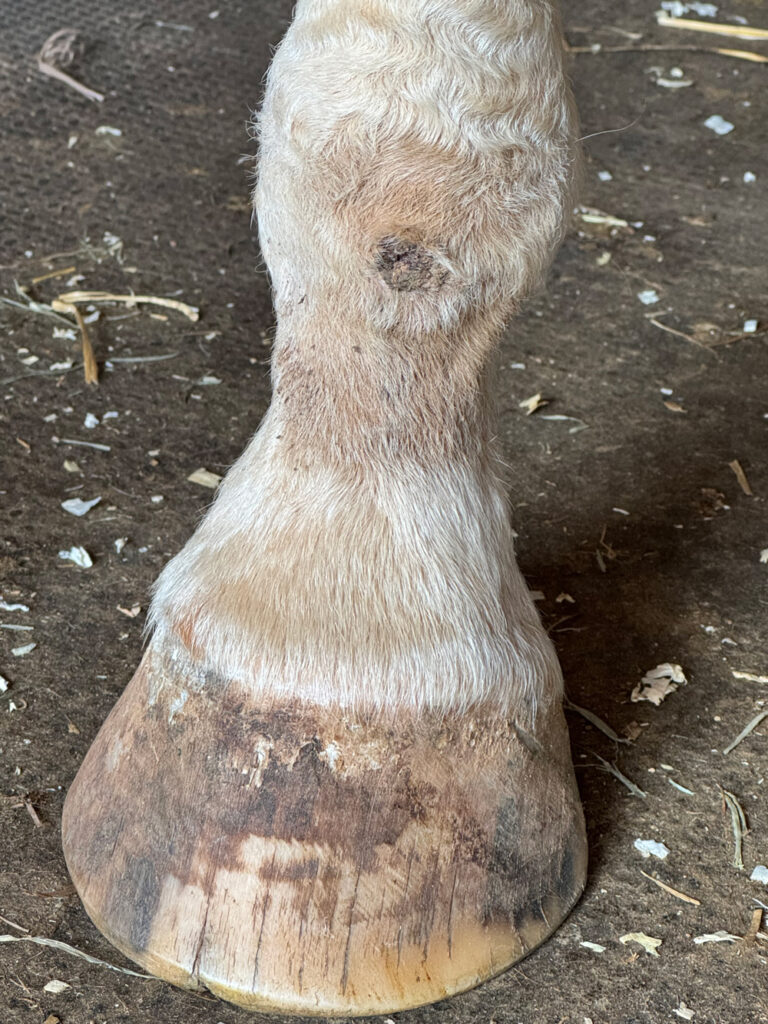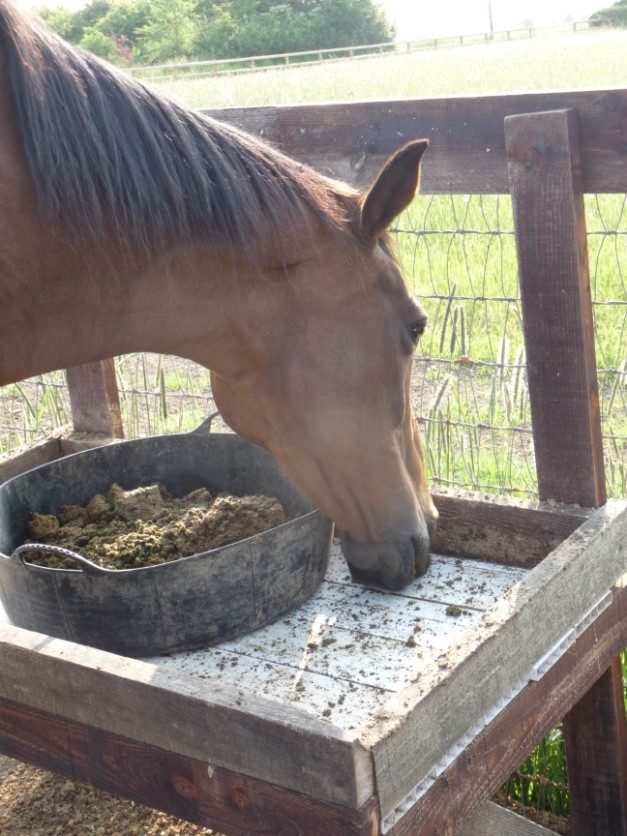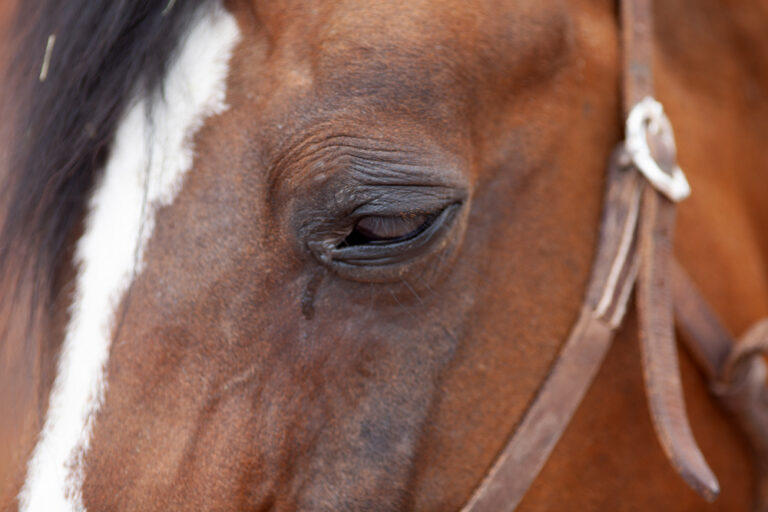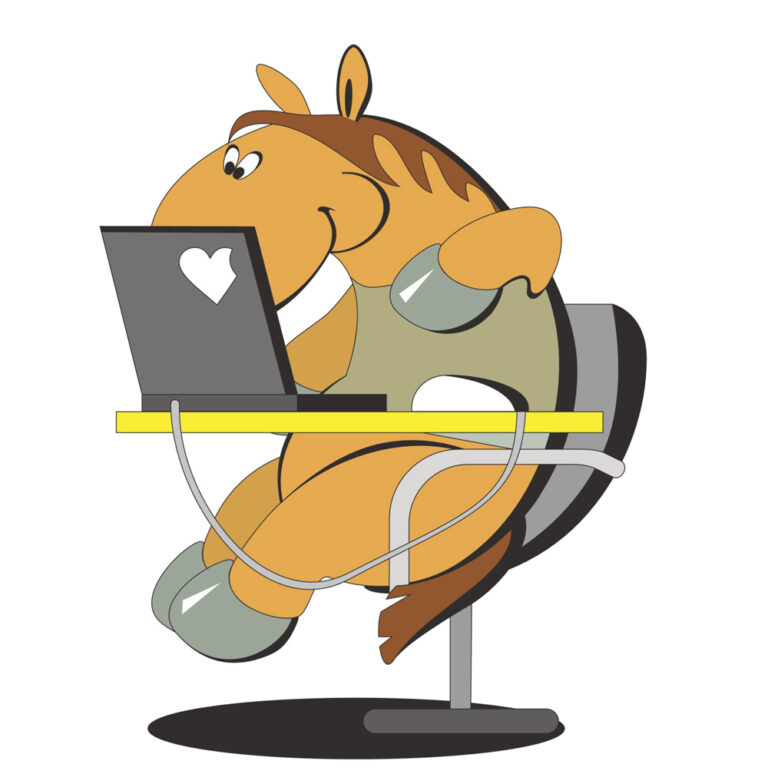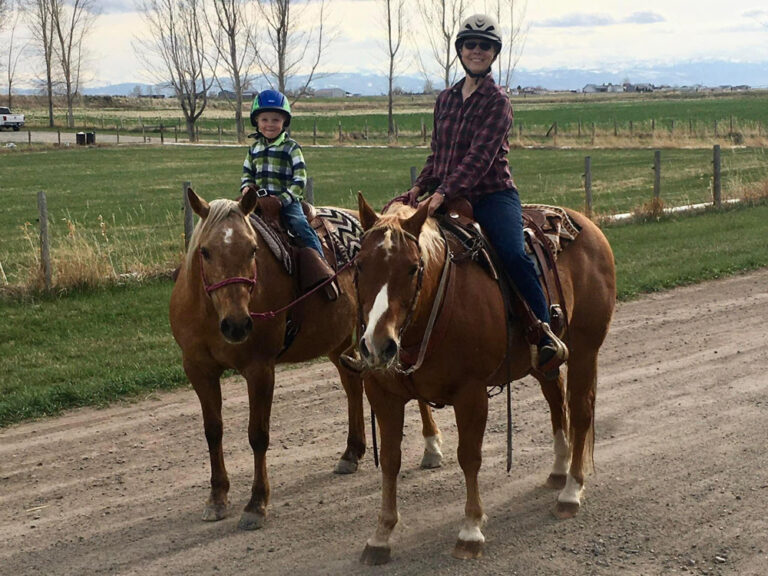Ejaio is a product created from collagen extracted from boiled donkey skins. It long has been a product used in traditional Chinese Medicines (TCM). The Donkey Sanctuary1 has estimated the current demand to be in the region of 6 million donkey skins annually. This gave rise to the global search and subsequent trade in donkey skins.
History of Ejiao Use in China
Historically, donkey skins were sourced from the backs of prized black-skinned donkeys from Shandong province in China. Ejiao in those days was a luxury product accessible only to the very few. It was taken as a supplement to promote general well-being. A specific use was to support the maintenance of a healthy and successful pregnancy.
China’s donkey population was estimated at approximately 11 million in 1992. Most recent FAO data2 puts the population at less than 2 million (of approximately 55 million donkeys worldwide). Why the demise of the indigenous Chinese donkey population?
The Chinese economy experienced significant economic growth during this recent period. The average citizen’s standard of living markedly improved, and the market for ejiao likewise grew. The disposable income of many reached a point where they could aspire to material possessions previously considered luxuries for the few.
Based on admittedly imprecise data, ejiao production increased by 160% between the years 2016 and 2021 alone. The attempts to intensively breed donkeys failed despite significant investment in equipment and expertise. The species is not, as described in ‘Myths or Money? Challenges and implications of donkey farming’3, amenable to artificial reproductive manipulation or intensive livestock production.
Slaughter of the indigenous population of donkeys across China as a whole (not just from the Shandong region) could not keep pace with the demand.
Legal and Illegal Trade
The trade in donkey skins is a mix of legal and illegal practices. Individual countries with significant donkey populations regularly change their positions on the slaughter of donkeys for the export of their skins. Traders move their business as circumstances dictate.
Even when technically legal, the trade is largely unregulated. Traders in donkey skins have been implicated in practices such as the trafficking of wildlife and worse. Donkeys are often stolen, extorted, or bought from communities highly dependent on working equids for their meager livelihoods.
Donkeys are transported live, often over long distances, to locations considered more amenable to slaughter for the skin trade. The animals are often subjected to inhumane killing methods. Skins are harvested in unsupervised and unhygienic sites, where workers are exposed to disease risk. The onward transport of partly preserved skins puts additional people and equids at risk of contagious disease4.
The trade routes largely converge on Southeast Asia. The recent outbreak of African horse sickness there should serve as a warning of the potential risks associated with a largely illegal and almost entirely unregulated trade in animal parts. The presence of a highly valuable and greatly valued equine industry in southern China based around Hong Kong, one of the major ports for the import of donkey skins, should raise alerts in high places.
Addressing the Donkey Skin Trade
There are human consequences of this trade—donkey welfare, human livelihoods, disease spread, and reputational risk. Recent developments give cause for hope that these issues are being taken more seriously.
In February 2024, African Union leaders agreed to a moratorium on the slaughter of donkeys for their skins5. The details regarding member country implementation has yet to be determined. On World Donkey Day (May 8, 2024), Emirates Airlines declared they will implement an embargo on the carriage of donkey skins on their aircraft6.
Final Words
There’s an old Irish saying: ‘Ní neart go cur le chéile.’ In essence, this means that we can achieve so much more if we work together. If you would like to know more about this issue and how you can help, please subscribe to The Donkey Sanctuary email updates.
References
- Donkeys in Global Trade: Wildlife crime, welfare, biosecurity and the impact on women. 2024
- FAO (2021) FAOSTAT database. Food Agricultural Organization UN Rome Italy. 2021;1
- The Donkey Sanctuary (2022) Myths or Money? Challenges and Implications of Donkey Farming
- The Donkey Sanctuary (2022) The Global Trade in Donkey Skins: A ticking Time Bomb
- ‘Brutal’ donkey skin trade banned by the African Union. BBC 2024
- Emirates announces global donkey skin ban. Air Caro News. 2024
All reports can be found at Reports on the Donkey Skin Trade. The Donkey Sanctuary
Further Reading
Dr. Joe Collins author bio. MySeniorHorse.com
-
Joe Collins qualified as a veterinarian at University College Dublin in 1987. He then worked in equine practice in the UK and Ireland, including a three-year equine residency at Cambridge University Veterinary School, until 2007, when he undertook a World Horse Welfare supported PhD project titled ‘Equine health & welfare in Ireland, 2007-2010." Joe commenced working for The Donkey Sanctuary in 2015 and currently is their ‘Chief Veterinary Advisor’ largely involved in policy, advocacy, and campaigns. He works on many issues, including the global trade in donkey skins.View all posts
